-
Eyes Wide Shut: Using Accreditation Regulation to Address the “Pass the Harasser” Problem in Higher Education
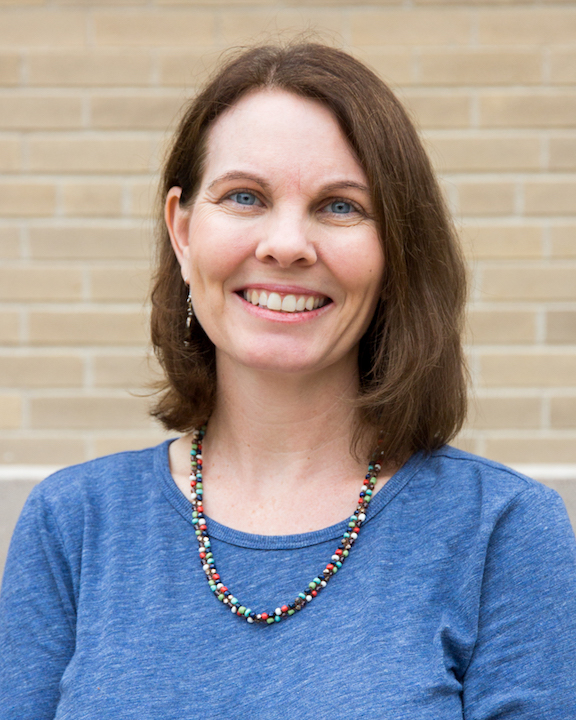
Theresa Morris
Dr. Theresa Morris, Texas A&M University
J.D., LL.M., J.S.D. Susan Fortney, Texas A&M University School of Law
Universities and colleges have long struggled with sexual harassment and misconduct, pervasive harms that they have only recently been forced to confront and take seriously. In the wake of the #MeToo movement, transparency and scrutiny around this have increased. Sexual harassment by faculty and administrators is, in part, perpetuated by the frequency of one-on-one interactions between perpetrators and victims, and the institutional tolerance afforded to such misconduct. Recognizing the costs and consequences of sexual misconduct and their legal obligations, colleges and universities annually devote hundreds of millions of dollars to addressing sexual harassment and misconduct. Despite these efforts, one problem that largely goes unaddressed is the relative ease with which harassers may move from school to school with limited or no scrutiny related to past misconduct. The institutional role in this phenomenon is referred to as “pass the harasser.” This research discusses how and why this problem occurs in higher education and how the problem is currently being addressed. We conclude by laying out why collective action is necessary to stop the pass-the-harasser practice in U.S. higher education and how accreditation standards could be enlisted by institutions to address it.
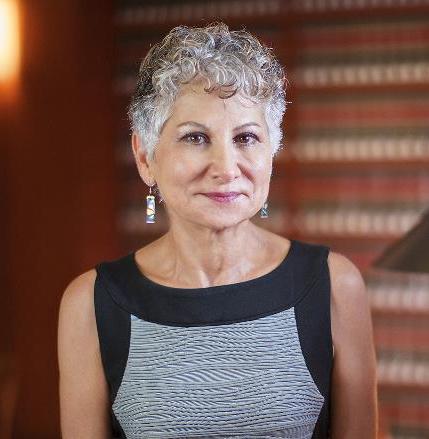
Susan Fortney
May 5, 2021
Wednesday, 12–1:30pm
Zoom session
Meeting ID: 991 1360 1024
Passcode: 045061If you cannot join with video, you can connect to the Zoom session via phone: 1–346–248–7799
-
Community Food Security & Food Justice
Dr. Monica M. White, University of Wisconsin-Madison
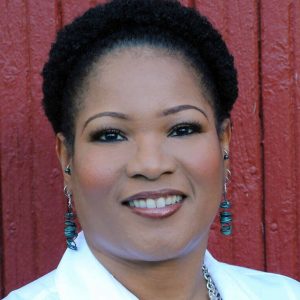
Dr. Monica White Dr. Monica M. White is Associate Professor of Environmental Justice at the University of Wisconsin-Madison with a joint appointment in the Gaylord Nelson Institute for Environmental Studies and the Department of Community and Environmental Sociology.
Her research engages communities of color and grassroots organizations that are involved in the development of sustainable community food systems as a strategy to respond to issues of hunger and food inaccessibility. Her publications include, “Sisters of the Soil: Urban Gardening as Resistance Among Black Women in Detroit” and “D-Town Farm: African American Resistance to Food Insecurity and the Transformation of Detroit.” Her first book, Freedom Farmers: Agricultural Resistance and the Black Freedom Movement (University of North Carolina Press, 2018) which contextualizes new forms of contemporary urban agriculture within the historical legacies of African American farmers who fought to acquire and stay on the land. Using historical and contemporary examples (including George Washington Carver, Fannie Lou Hamer, Booker T. Washington, W. E. B. DuBois, the Federation of Southern Cooperatives, and the Detroit Black Community Food Security Network), the book examines the development of farmers’ cooperatives as strategies of resistance, and documents the ways that these organizations, in general, and Black farmers specifically, have contributed to the Black Freedom Movement. Freedom Farmers is the winner of the 2019 Eduardo Bonilla-Silva Book Award, Society for the Study of Social Problems, Division on Racial and Ethnic Minorities, and the
2020 Association for the Study of Food and Society First Book Award.
UNC Press book page (https://uncpress.org/book/9781469643700/freedom-farmers/)
Dr. White’s personal website (http://monicamariewhite.com)
April 28, 2021
Wednesday, 12–1:30pm
Zoom session
Meeting ID: 912 5613 7575
Passcode: 828944If you cannot join with video, you can connect to the Zoom session via phone: 1–346–248–7799
-
Time Will Tell: An Organizational Model of Sponsorship of Business Recovery After Disaster
Dr. Patricia Thornton and Dr. Maria Watson, Texas A&M University
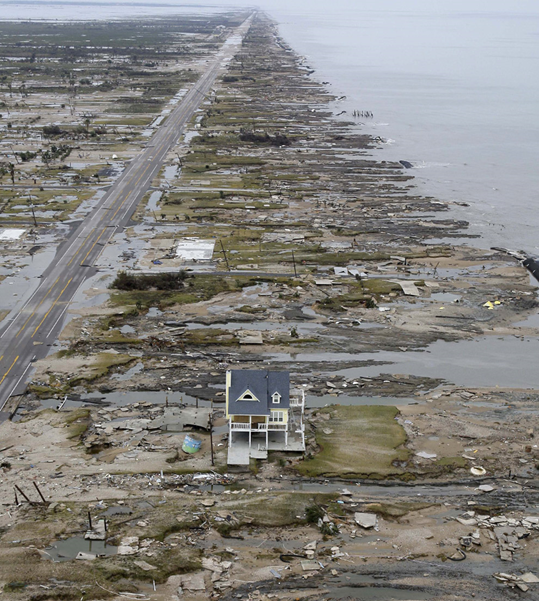
We develop a general model of when and how aid organizations respond to businesses recovering from natural disasters such as hurricanes, earthquakes, and pandemics. In particular, we examine two main factors underlying the ability of organizations to respond to natural disaster: the amount of resources for allocation and the timing of resource allocation. Disaster environments are characterized by institutional fragmentation and time compression in which a variety of actors guided by different institutional logics must work together under extraordinary time constraints, as distinct from normal times. We suggest that decision makers’ interpretation of resource allocation under these conditions depends on their specialization in institutional logics that shape their capabilities to interpret and offer response. The merits of a disaster loan program, for example, will be evaluated differently depending on whether or not decision-makers have specialization in state, community, or market institutional logics. Reigning urban planning models of business recovery after natural disaster assume institutional homogeneity and time compression based on clock time. We contribute to institutional theory and urban planning research by extending this baseline model to examine cultural and sequence-based time. This elaborated model generates four responses: inaccessible resources, inadequate resources, delayed resources, and optimal resources. This model has useful implications for public policy and the strategic management of natural disasters because research shows that disaster assistance for business recovery is not necessarily efficient or effective in spite of increasingly vast amounts of financial resources allocated.
April 21, 2021
Wednesday, 12–1:30pm
Zoom session
Meeting ID: 947 5835 6413
Passcode: 436312If you cannot join with video, you can connect to the Zoom session via phone: 1–346–248–7799
-
From the Inside Out: The Fight for Environmental Justice in Government Agencies
Dr. Jill Lindsay Harrison, University of Colorado Boulder
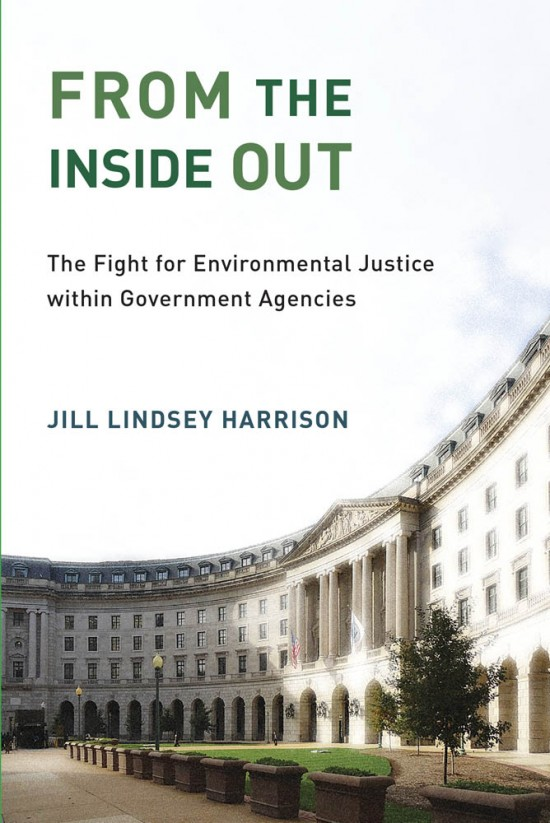
Prof. Jill Lindsey Harrison will present the findings from her new book, From the Inside Out: The Fight for Environmental Justice within Government Agencies (MIT Press, 2019). From the Inside Out lifts the veil on the U.S. Environmental Protection Agency and other environmental regulatory agencies to offer new insights into why they fail to reduce harmful toxics and other hazards in our nation’s most environmentally overburdened and vulnerable communities. It examines the disappointing pace of environmental regulatory agencies’ “environmental justice” (EJ) programs and policies as a case through which to understand why, despite reducing air and water pollution for the nation overall, government has not protected the communities who suffer the most. Other scholars have shown that budget cuts, industry pressure, and other factors outside the control of agency staff constrain the possibilities for EJ reforms to regulatory practice. This book shows that agencies’ EJ efforts are also undermined by elements of regulatory workplace culture, particularly colorblind notions of fairness and utilitarian measures of effectiveness. Through extensive interviews with and observations of staff at numerous environmental regulatory agencies across the United States, Harrison show that agencies’ EJ efforts are undermined by everyday ways in which well-meaning staff dedicated to environmental regulation reject EJ reforms as violating what they think their organization does and should do.
April 14, 2021
Wednesday, 12–1:30pm
Zoom session
Meeting ID: 976 8595 4537
Passcode: 577609If you cannot join with video, you can connect to the Zoom session via phone: 1–346–248–7799
-
All Societies Die: How to Keep Hope Alive
Dr. Samuel Cohn, Texas A&M University
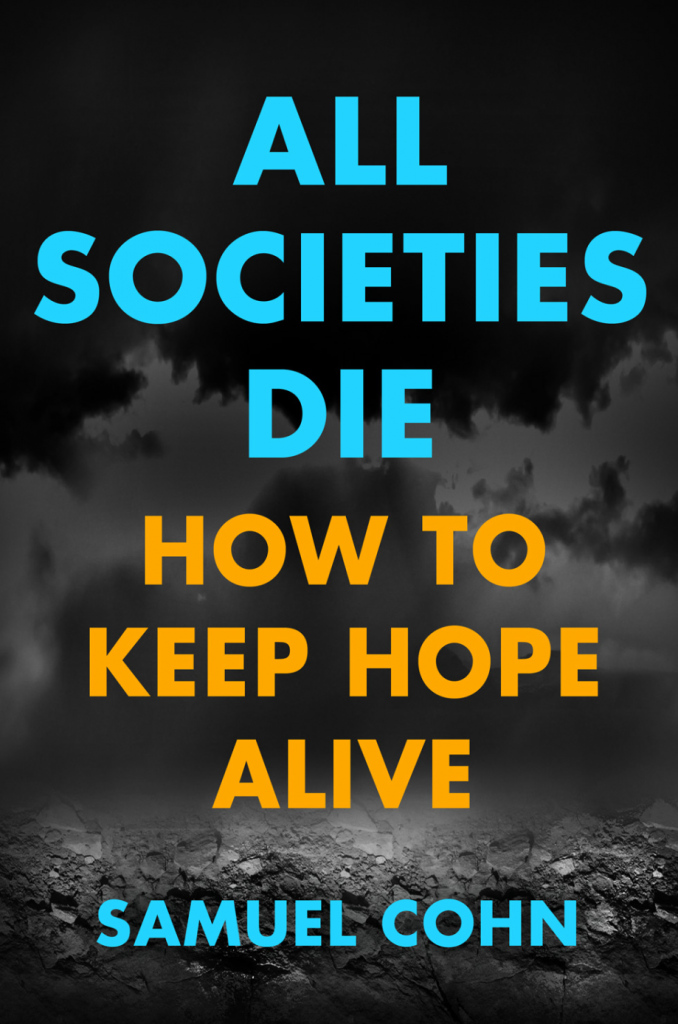
No society has ever lived longer than 1000 years. Most societies do not make it that long. If we date the current Euro-American World System from its inception in the late fourteenth century – our current world system is 650 years old. At best, we are middle aged. At worst, old.
Societal death is a normal process. This talk will review the general literature in macrosociology, identifying the crisis tendencies the modern world system faces. I avoid the standard sociological cliches. I make no reference to any internal contradictions of capitalism. Adverse ecological change plays at best a minor role.
There are other threats that have taken down societies in the past. We are not immune to any of them.
April 7, 2021
Wednesday, 12–1:30pm
Zoom session
Meeting ID: 969 4306 0311
Passcode: 493602If you cannot join with video, you can connect to the Zoom session via phone: 1–346–248–7799
-
Small in Size, Selective in Location, Limited on Healthcare Access Improvement: Exploring the Accessibility of Micro-Hospitals in Texas Through Demographic Spatial Modeling
Jingqiu Ren, Ryan Earl, and Dr. Ernesto Amaral, Texas A&M University

Micro-hospitals are a new form of for-profit healthcare facility with rapid expansion in some parts of the country. Micro-hospitals in Texas continue to grow without specific regulatory schemes, public understanding, or policy guidance on their commercial outcomes versus their social accountability. Our project aims to define and delineate hospital service areas based on driving distances from micro- and regular hospitals, as well as examine how their population characteristics may be associated with the location choices of micro-hospitals in Texas. Specifically, we 1) estimated hospital service areas (catchment areas) with a spatial model based on advanced Geographic Information System (GIS) methods using a proprietary ESRI traffic network; 2) assigned population socioeconomic measures to these catchment areas from the 2014–2018 American Community Survey 5-Year Estimates, weighted with an empirically tested Gaussian distribution; 3) used two-tailed t-tests to compare population characteristics means between micro hospital and regular hospital catchment areas, and 4) conducted logistic regressions to examine relationships between selected population variables and the odds of micro-hospitals locating in their neighborhoods. Population socioeconomic characteristics have long been associated with healthcare inequality. We found micro hospitals in Texas tend to serve a population less stressed in healthcare access compared to those who are more in need as measured by various dimensions of disadvantages. We hope our analysis will help foster regulatory and structural policy decisions that balance growing healthcare delivery innovations and their social accountability.

March 31, 2021
Wednesday, 12–1:30pm
Zoom session
Meeting ID: 929 0510 2934
Passcode: 006910If you cannot join with video, you can connect to the Zoom session via phone: 1–346–248–7799
-
Deported to Death: Asylum, Drug Violence and Immigration Enforcement on the U.S. Mexico Border
Dr. Jeremy Slack, The University of Texas at El Paso

During the Trump administration a number of policies and practices led to a concentration of asylum seekers and deportees stuck at the U.S. Mexico border, this builds upon the past decade of escalation in non-state violence directed at migrants in the form of kidnapping, extortion and forced labor. This talk draws from my recent book as well as new research that chronicles how Trump’s border and immigration policies made exposure to criminal violence an explicit aspect of the deterrence narrative. Moreover, as we head into new challenges, as well as the potential for reform, the covid restrictions of Title 42 and Title 8 are causing unintended consequences up and down the border.
March 24, 2021
Wednesday, 12–1:30pm
Zoom session
Meeting ID: 972 5055 8403
Passcode: 649741If you cannot join with video, you can connect to the Zoom session via phone: 1–346–248–7799
-
Stagnant Dreamers: How the Inner City Shapes the Integration of Second Generation Latinos
Dr. María G. Rendón, University of California, Irvine
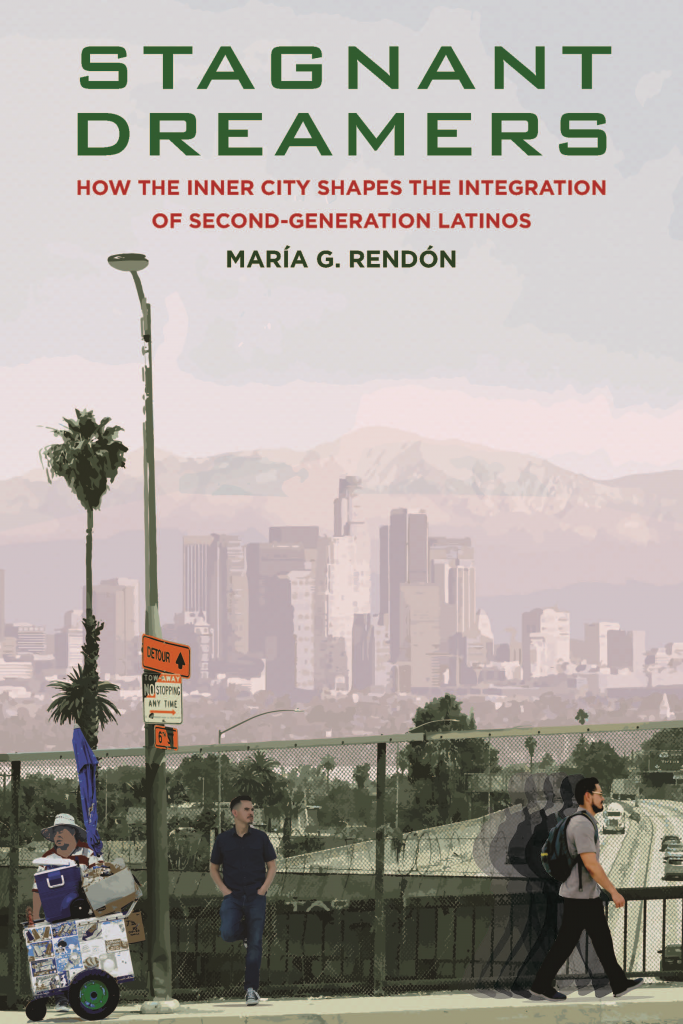
Professor María G. Rendón is a sociologist who examines the integration process of Latino immigrants and their children in the United States. She pays close attention to role of spatial inequality and examines how urban neighborhoods shape life trajectories, particularly educational attainment and social mobility. She is the author of Stagnant Dreamers: How the Inner City Shapes the Integration of Second-Generation Latinos (Russell Sage Foundation 2019), a longitudinal study that follows a group of Latino young men as they transition to adulthood. Based on in-depth interviews and ethnographic observations with them and their immigrant parents, Stagnant Dreamers describes the challenges they face coming of age in the inner city and accessing higher education and good jobs and demonstrates how family-based social ties and community institutions can serve as buffers against neighborhood violence, chronic poverty, incarceration, and other negative outcomes. Stagnant Dreamers has received several awards by the American Sociological Association, including the Robert E. Park Award, (Community and Urban Sociology section); Distinguished Contribution to Research Book Award (Latina/o Sociology); Honorable Mention for the Thomas and Znaniecki Best Book Award (International Migration). It was also a finalist for the Pierre Bourdieu Book Award (Sociology of Education) and the International Latino Book Award .
March 17, 2021
Wednesday, 12–1:30pm
Zoom session
Meeting ID: 934 7085 9463
Passcode: 609731If you cannot join with video, you can connect to the Zoom session via phone: 1–346–248–7799
-
An Ugly Word: Rethinking Race in Italy
Dr. Ann Morning, New York University

The relevance of race for analyzing and combating social exclusion and stratification worldwide has been a subject of heated controversy. Based on interviews with young people in an aspiring “color-blind” Italy and a United States that has been called “race-obsessed,” we propose a framework for analyzing concepts of descent-based difference in comparative perspective that provides more flexible, detailed and precise measures of such beliefs than “race” or “ethnicity” offer.
March 3, 2021
Wednesday, 12–1:30pm
Zoom session
Meeting ID: 964 8371 9947
Passcode: 344846If you cannot join with video, you can connect to the Zoom session via phone: 1–346–248–7799
-
Attitudes Towards Wife Beating in Pakistan: Over-Time Comparative Trends by Gender
Fizza Raza and Dr. Heili Pals, Texas A&M University
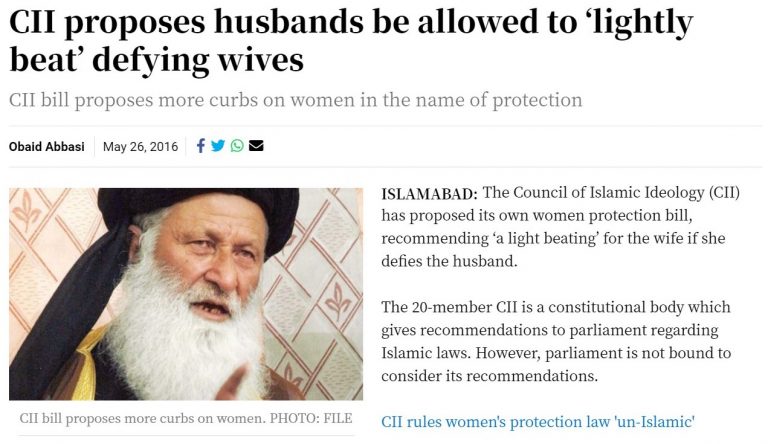 According to the Global Gender Gap Index 2020, Pakistan ranks 151 out of 153 countries in terms of general equality. According to the Pakistan Demographic and Health Survey (PDHS) 2012-2013, 42% of women believed that it is justifiable for men to beat the wife and not much change has been since then, with the next round of data reporting the figure around 41% (PDHS 2017-2018). In this article, we attempt to study the perceptions towards wife beating in a nationally representative sample of both women(n=24,826) and men(n=6154) using data from two waves of PDHS (2012 and 2017). While women tend to show a higher tolerance towards wife beating as compared to their male counterparts, a deeper analysis of the data has led to an interesting finding. We found that the presence of a family member (husband, male and other female member of the household) is significantly related to higher tolerance towards wife beating for our female respondents, a reminder that in patriarchal societies, data related to women empowerment surveys must be approached with caution. Our results show that higher levels of education, currently employed, being a resident of urban areas or socially economically developed provinces such as Punjab and Sindh, belonging to a wealthier household and living in a household where joint decision-making is being practiced has decreased tolerance towards wife beating.
According to the Global Gender Gap Index 2020, Pakistan ranks 151 out of 153 countries in terms of general equality. According to the Pakistan Demographic and Health Survey (PDHS) 2012-2013, 42% of women believed that it is justifiable for men to beat the wife and not much change has been since then, with the next round of data reporting the figure around 41% (PDHS 2017-2018). In this article, we attempt to study the perceptions towards wife beating in a nationally representative sample of both women(n=24,826) and men(n=6154) using data from two waves of PDHS (2012 and 2017). While women tend to show a higher tolerance towards wife beating as compared to their male counterparts, a deeper analysis of the data has led to an interesting finding. We found that the presence of a family member (husband, male and other female member of the household) is significantly related to higher tolerance towards wife beating for our female respondents, a reminder that in patriarchal societies, data related to women empowerment surveys must be approached with caution. Our results show that higher levels of education, currently employed, being a resident of urban areas or socially economically developed provinces such as Punjab and Sindh, belonging to a wealthier household and living in a household where joint decision-making is being practiced has decreased tolerance towards wife beating.February 3, 2021
Wednesday, 12–1:30pm
Zoom session
Meeting ID: 918 1986 1899
Passcode: 119166If you cannot join with video, you can connect to the Zoom session via phone: 1–346–248–7799
-
“Especially Heinous” and “Vicious Felonies”: Deconstructing Possible Rape Narratives within Law & Order: SVU: A Pilot Study
Gemini Creason-Parker, Texas A&M University

In recent years, scholars have started to research the use of the traditional rape narrative, which propagates myths about the crime on screen, and how it affects people’s rape myth acceptance (RMA). However, while research has focused on the traditional narrative extensively, other categories of rape have yet to fully be explored in the context of narratives. This is significant because the traditional narrative does not necessarily apply to all rape cases being portrayed on television and in movies. One such script that has differing characteristics from the traditional narrative includes the party rape script, which is frequently associated with parties on college campuses. This study involved a content analysis of the popular show, Law & Order: SVU, uncovering to what extent, if any, the show perpetuates the party rape narrative.
January 27, 2021
Wednesday, 12–1:30pm
Zoom session
Meeting ID: 964 9836 5035
Passcode: 751813If you cannot join with video, you can connect to the Zoom session via phone: 1–346–248–7799
